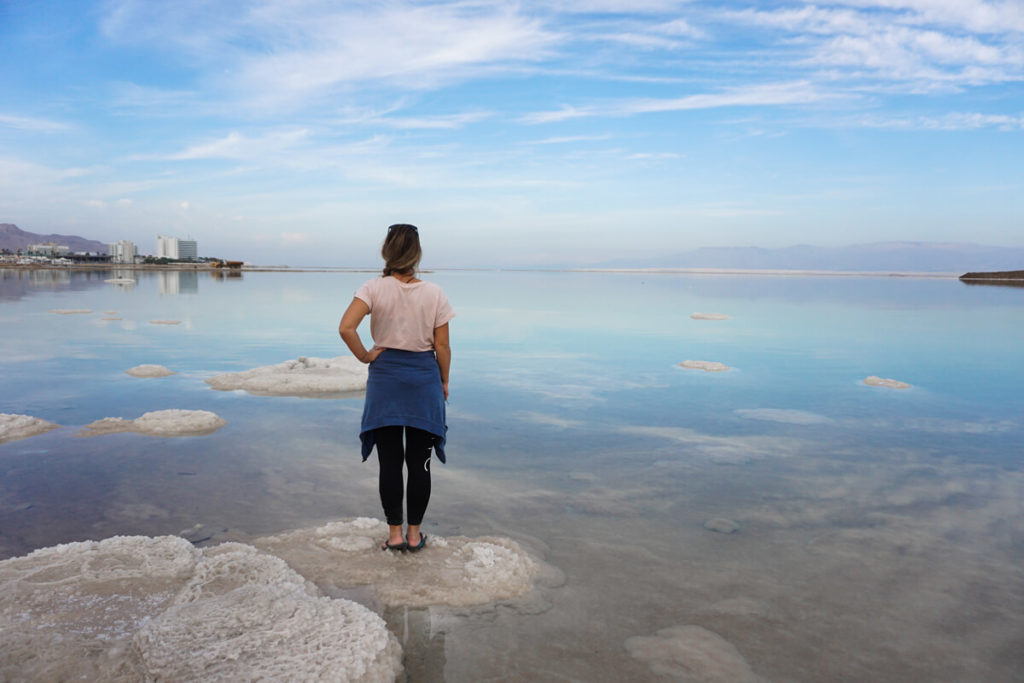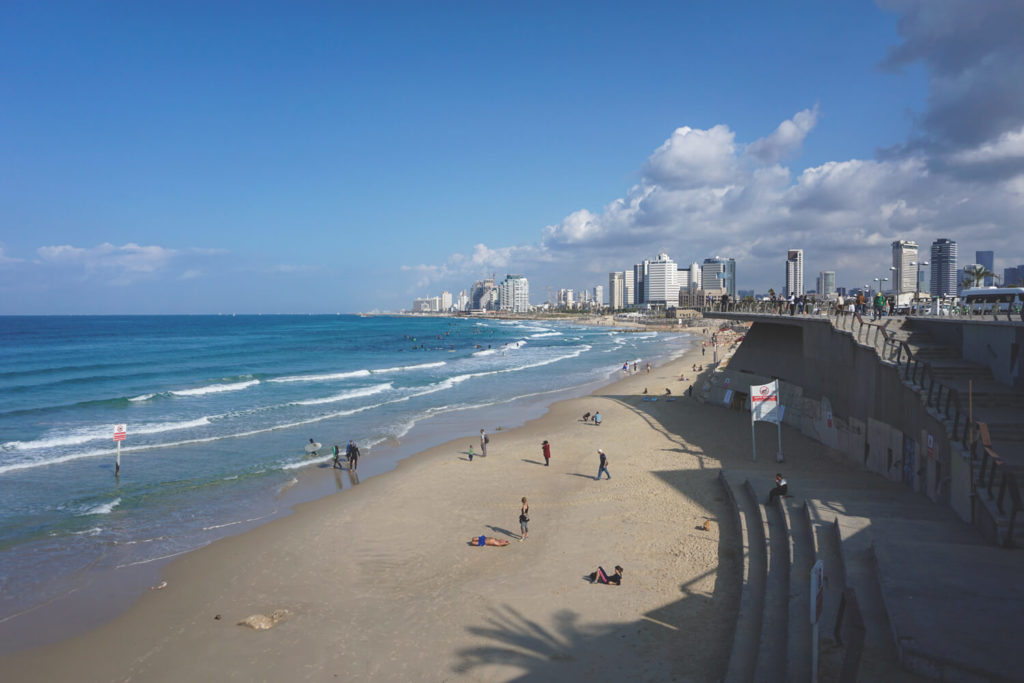Israel is definitely one of our favorite countries. Our Israel tour across the country was unique, exciting, and simply beautiful. Perhaps you are wondering when the best time to travel to Israel is? In the following article, we will tell you everything about the climate in Israel and give you a few tips for your trip. Enjoy browsing!
What else you should know:
- Our tour through Israel
- Currency & Money Israel
- Driving in Israel
- Drone flying & laws
- Entry & Israel Visa
- Safety in the country
- Costs of a trip to Israel
- Reasons for a trip to Israel
- Tel Aviv Highlights & Tips
- All about Jerusalem
- What else you should know:
- Best time to travel to Israel
- Climate in Israel
- Conclusion on the best time to travel to Israel
Best time to travel to Israel
When is the best time to travel to Israel? That naturally depends on the region you are traveling in. For active vacationers, the months April to October are among the ideal travel months. If you would rather have a beach vacation, you should travel in May, June, July, August, September, and October. There is little rain, and the water is between 24 and 27 degrees Celsius. The sun shines for between 10 and 12 hours a day, and temperatures often climb above 30 degrees Celsius.

August and July are the hottest months. If you don’t tolerate high temperatures, you should avoid these months. The humidity is also significantly higher during these months. We recommend the spring and fall months for this. It doesn’t get particularly cold in Israel during the winter months. We had wonderful weather throughout the country in December. In Tel Aviv we had 23 degrees Celsius, and in the south in Eilat we had just under 30 degrees Celsius. It didn’t rain once.
Climate in Israel
Israel is divided into several climate zones. There is the Mediterranean climate in the north. The south has a desert climate, and on the coast in the west, a subtropical Mediterranean climate. However, January is the coldest month in the entire country, with an average of 18 degrees Celsius. This is also the month with the most precipitation (up to 10 rainy days). Generally, the most rain falls between November and March. As mentioned above, there is almost no rain between May and October.

In summer, the coasts are hot and dry, while winters are humid and mild. In contrast, the interior and mountainous regions tend to be somewhat rainier and cooler than the coast. In winter, temperatures can drop to as low as 8 degrees Celsius at night. The interior is also not as humid as the coast. In southern Israel lies the Negev Desert and the city of Eilat. Here, you can expect summer temperatures of around 40 degrees Celsius and more. There is hardly any rain in this region – a typical desert climate.
Conclusion on the best time to travel to Israel
You can basically travel to Israel all year round. The months between June and September are ideal for a summer vacation. If you don’t want it quite so hot, you should note the months October, November, December, or May and April as the best time to travel to Israel. There are also fewer tourists in the country during this time, making it cheaper and more relaxed.

In the off-season, you can also lie on the beach and enjoy the sun. We had fantastic weather in December, whether in Tel Aviv, Jerusalem, or at the Dead Sea. Temperatures were spring-like warm at 22 degrees Celsius in Tel Aviv and summer-like hot at almost 30 degrees Celsius in the desert.
Don’t want to miss any more news?
Feel free to follow us on Facebook, Instagram, or Pinterest. You can also reach us with a personal message there. We always try to respond as quickly as possible. Otherwise, you can also reach us by email at any time.